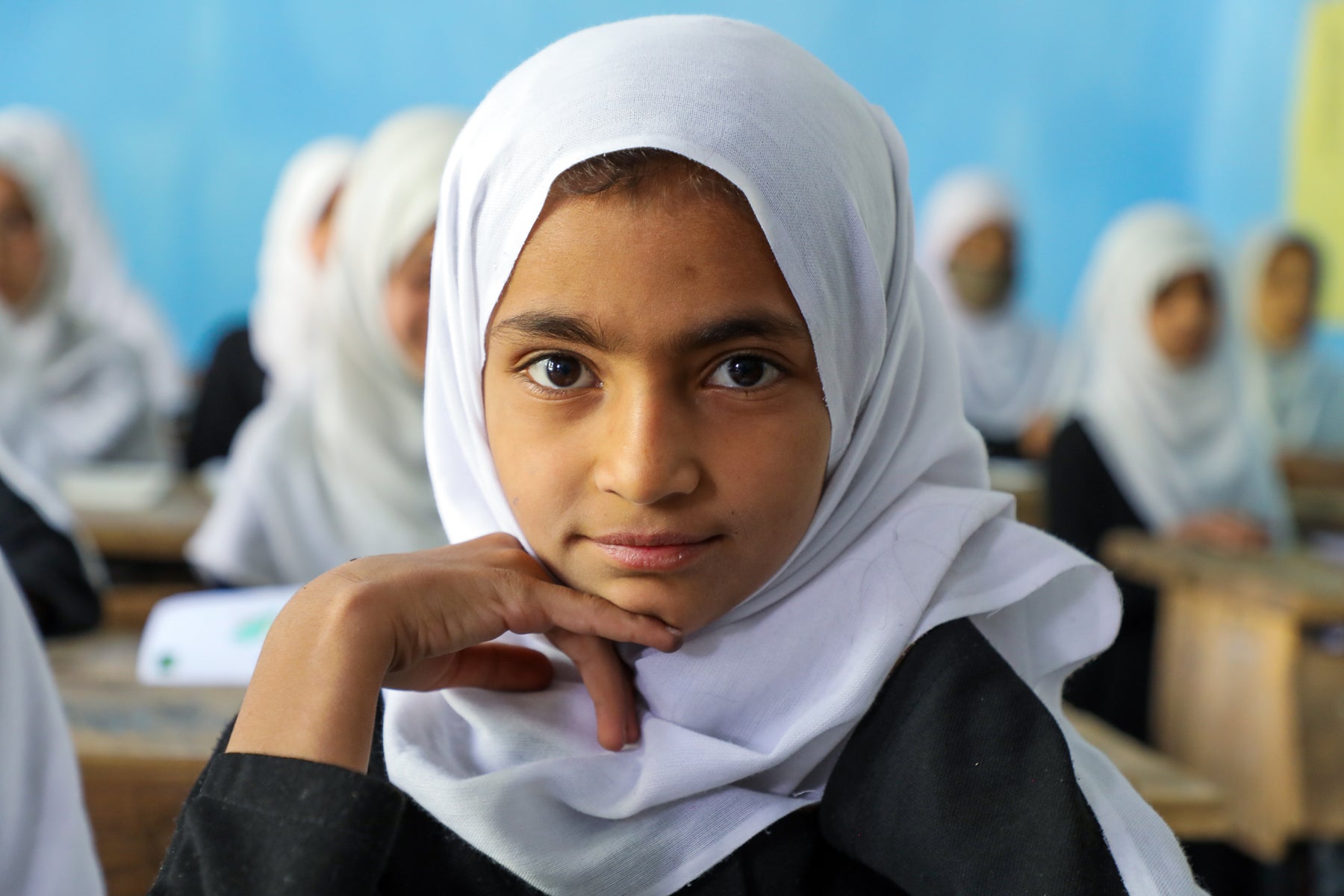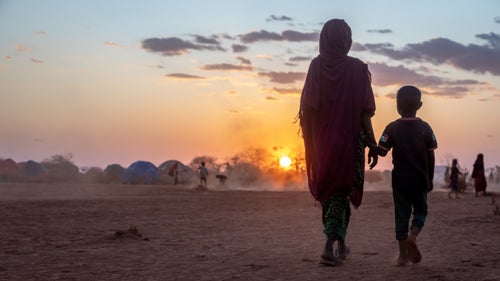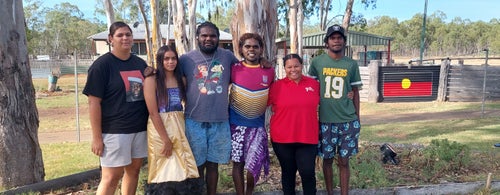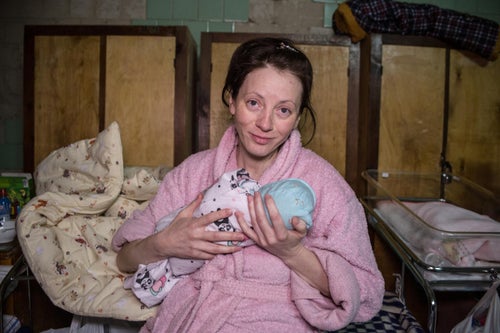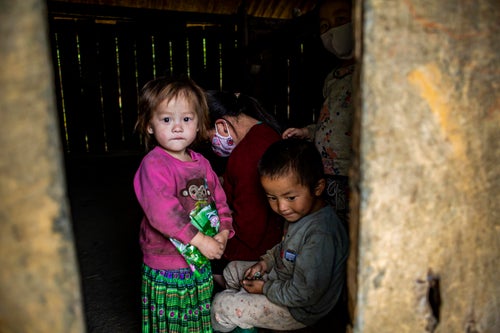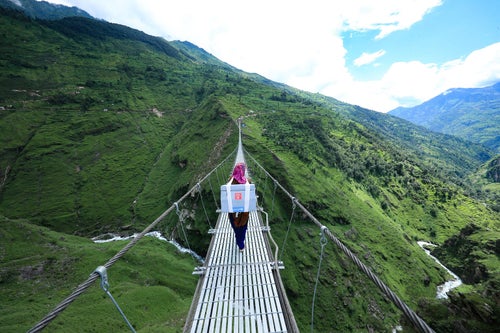News stories come and go quickly. Every so often a story will gather attention, only to fizzle out with the onslaught of another headline.
In March, millions of secondary-school girls in Afghanistan woke to the news that they would not be returning to school.
The Taliban announced that schools would not reopen for girls in grades 7-12, while boys in all grades would be allowed to return to the classroom.
This is major setback for girls and their futures.
"I wish the school would reopen... so I can study hard to achieve my goals."
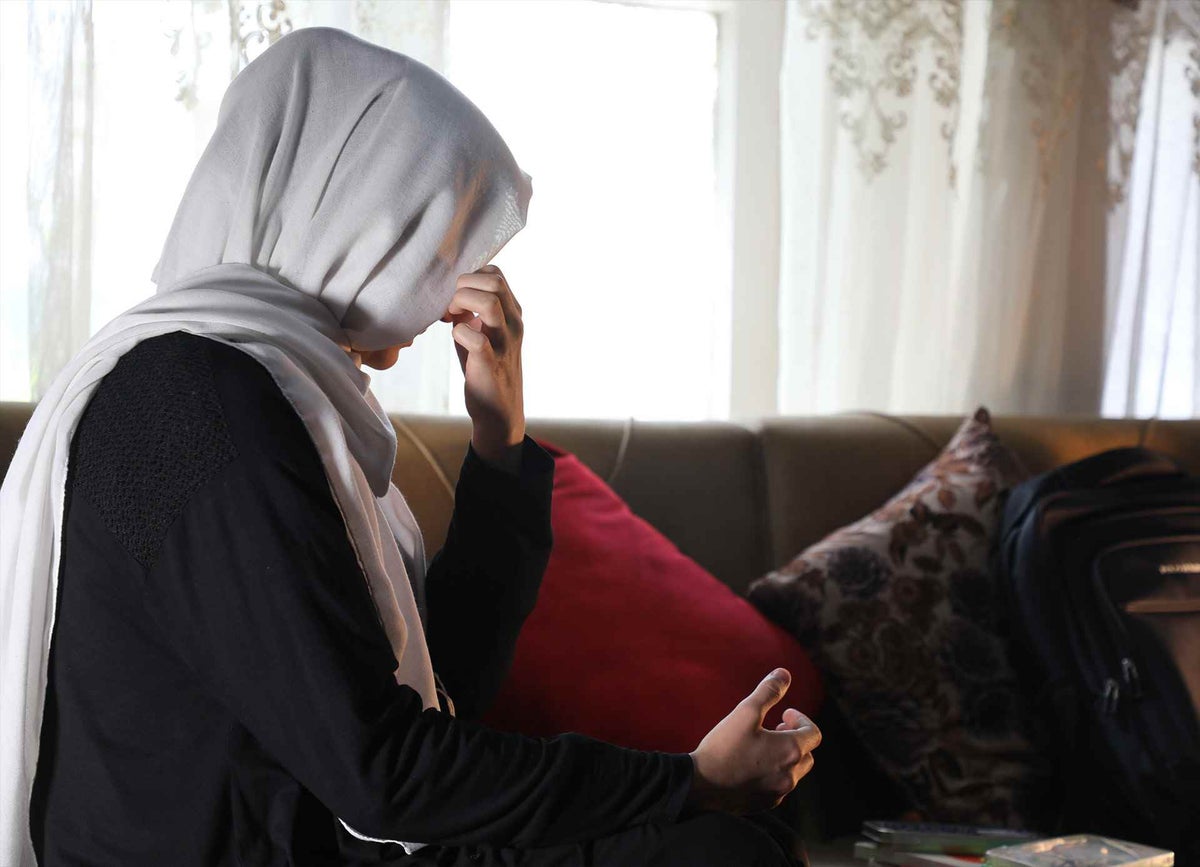
Girls pulled out of school in Afghanistan
Meher lives with her family in Afghanistan’s capital Kabul. She is upset that she is not allowed to go to school while her brothers can and misses her friends and classmates.
"Schools were closed before because of COVID-19, but that did not hurt as much as it hurts now,” says Meher, who has been at the top of her class since fourth grade.
“We [girls] are not allowed to study while the boys our age and grade are. This is not fair. I feel disappointed and sad."
Meher's favourite subjects in school are math and chemistry. In the absence of school, she listens to lessons on TV.
"I love chemistry because I want to become a doctor in the future. I wish the school would reopen... so I can study hard to achieve my goals."
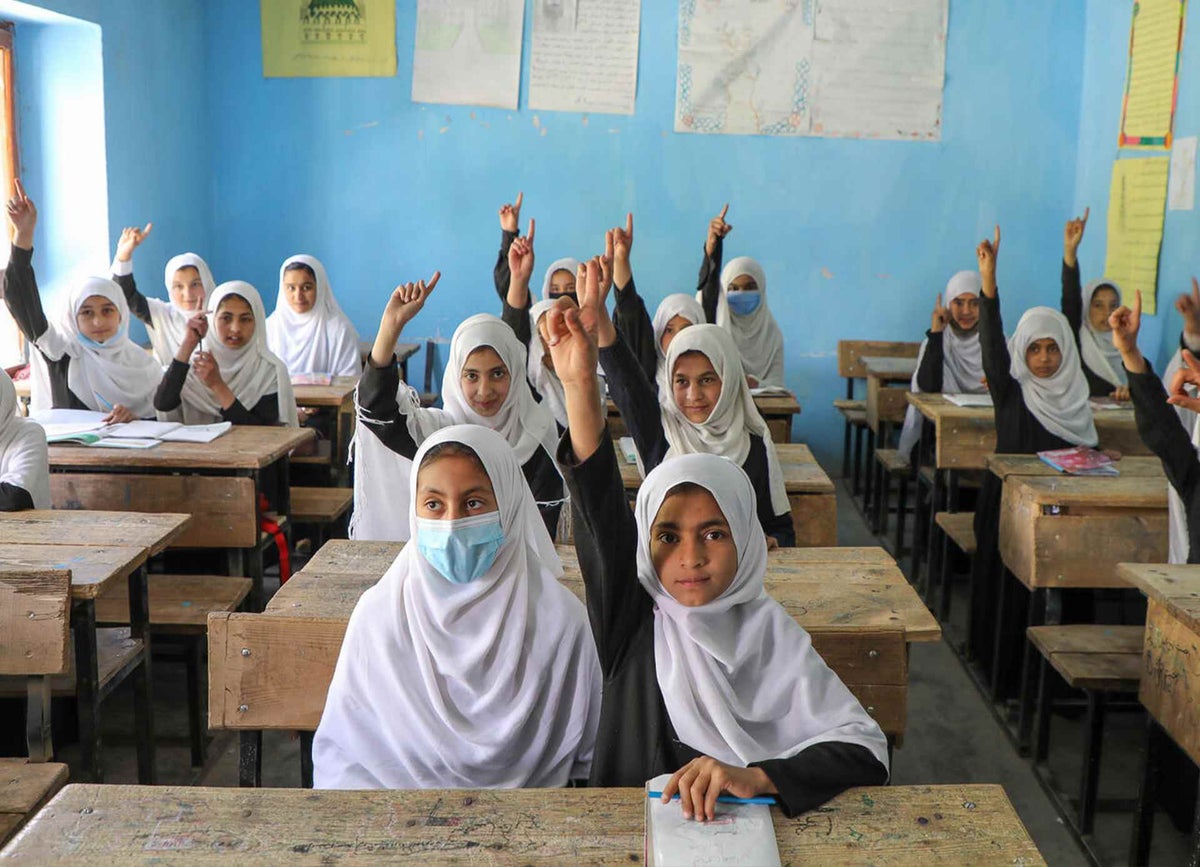
UNICEF urges the de facto authorities to honour their commitment to girls’ education without any further delays. Because all children deserve to be in school.
Stories like this fall in and out of the news cycle, but the girls and young women of Afghanistan must not be forgotten.
After visiting schools across the country, UNICEF found that while most children are back in primary education, absenteeism is higher amongst girls than boys.
Our teams continue to reach children with community-based education to prevent further children from missing out on learning. We provided textbooks to more than 700 schools and provided emergency cash support to 194 public school teachers nationwide.
UNICEF has been in Afghanistan for 65 years and have a presence in every region of the country. When the headlines fade, when others leave, we stay and deliver for children.
From sending emergency supplies to children caught in conflict, to long-term development programs, we are always there for children. Learn more about our work in emergencies.
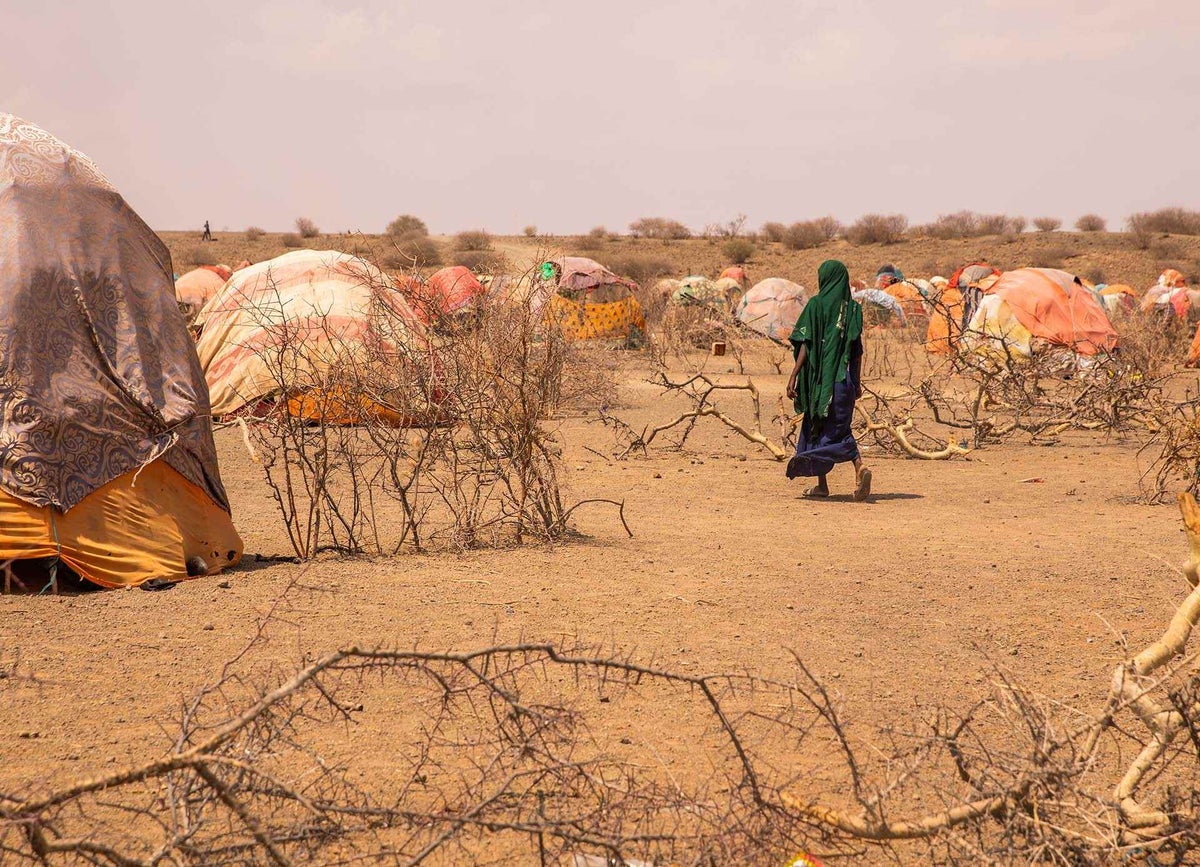
The worst climate-induced emergency in 40 years
Another shocking headline hits the news in late April. Two million children are at risk of starving to death as the Horn of Africa faces one of its worst droughts in decades.
This is the worst climate-induced emergency in 40 years. Due to three failed consecutive rainy seasons, four countries across the Horn of Africa are experiencing droughts: Djibouti, Ethiopia, Kenya and Somalia.
Some 10 million children need urgent life-saving support. Malnutrition is on the rise and children are forced to drink contaminated water due to a lack of clean water.
Eshe and her children walked for three hours to reach this camp for internally displaced people in the Somali region of Ethiopia.
“We came here to search for food and water,” says Eshe. “The rain stopped a year ago and our animals started to die. We can’t sell them or eat them.”
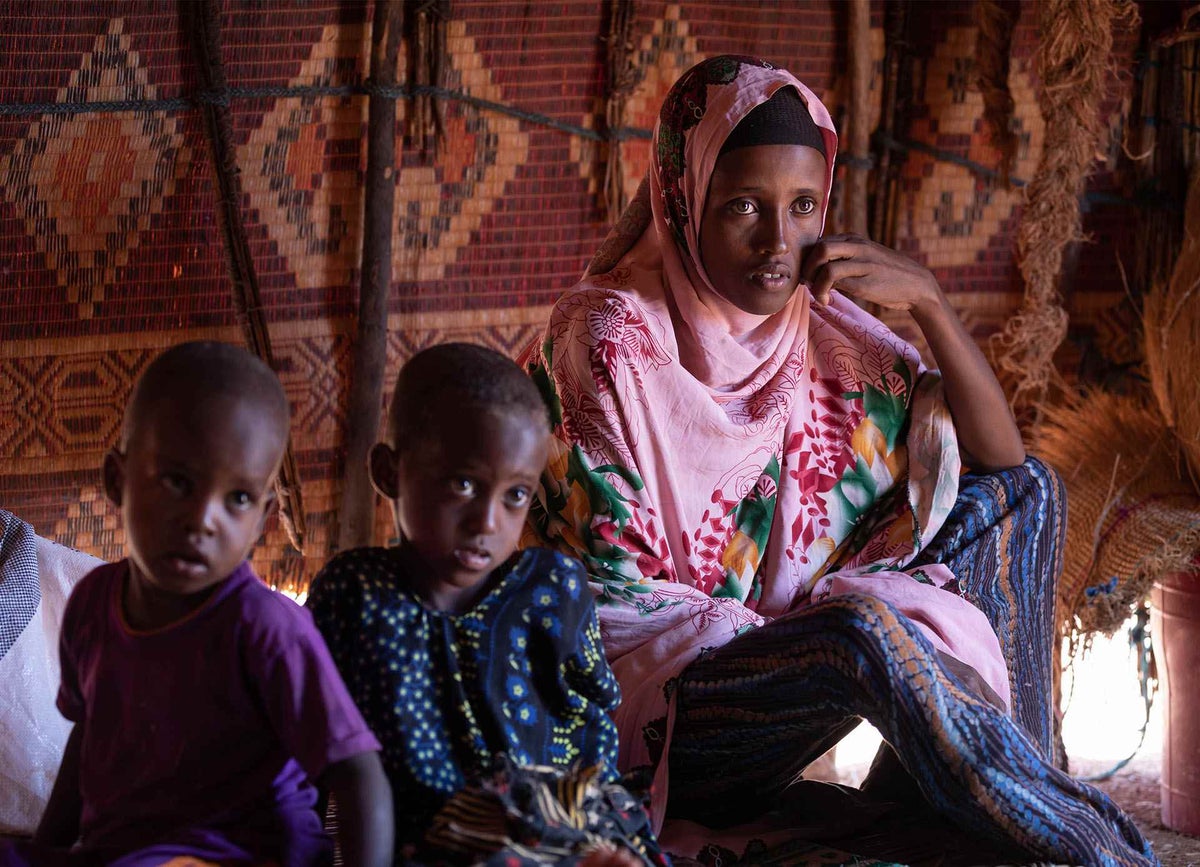
It’s not just children’s health that is at risk. More than 600,000 children in drought hit regions have dropped out of school. Schools have shut due to lack of water, and many children drop out because they have to travel long distances in search of food and water.
But help is on the way. UNICEF is working across the region to provide life-saving support for families like Eshe’s. Our teams are trucking water, treating severely malnourished children, providing education and cash assistance to help families meet their basic needs.
Whether it’s conflict or drought forcing families to flee, UNICEF will stay and deliver for every child. Our teams can deliver life-saving supplies to children within 48 hours of an emergency.
The world is a better, brighter place for children because of UNICEF donors.
LEARN MORERelated articles
Stay up-to-date on UNICEF's work in Australia and around the world



